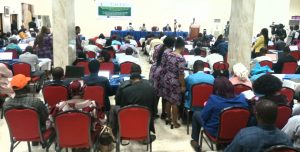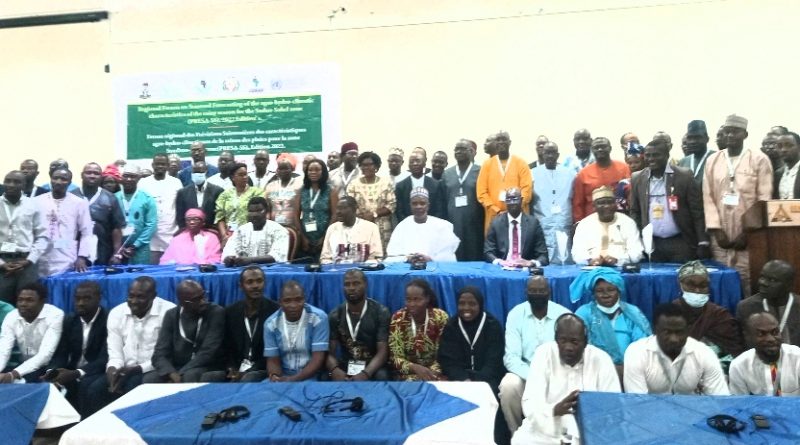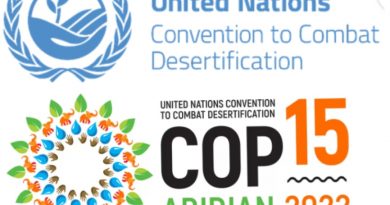West Africa Sub-region, Mauritania and Chad Ends Forum on Seasonal Forecasting of the agro- hydro-climatic characteristics and accuracy
The West Africa Sub-region, Mauritania and Chad Forum on Seasonal Forecasting of the agro- hydro-climatic characteristics and accuracy has ended yesterday as Regional Stakeholders Issue Warning on Adverse Weather
Addressing a press conference at the 9 day workshop where all in the climate and weather related field gathered in Abuja at the 2022 regional climate outlook forum, the DG NiMet Prof Mansur Matazu represented by Engr Mailadi Yususf congratulated participants for their resilience and stressed the need for heeding to weather predictions and warnings.
“Occurrence of erratic weather which knows no geographical boundaries by the way are beyond human control. It is possible however to adapt or mitigate the effects of adverse weather if a forecast of the expected weather can be obtained in time”.
He also called for a removal of the complexities making it difficult for African countries to access the $100 billion pledged annually by developed countries to combat climate change especially in Africa in order to cushion the effect of the climate change.
Engr. Mailadi Yusuf however, noted that countries of Africa unfortunately, are not able to access that fund because of the complexity of the nature of accessing these funds, adding that this is one of the issues that African countries have been raising during negotiations of the Conference of the Parties in Climate Change.
The representative of world Meteorological organization , Benard Gomez as well as the DG Nema and others spoke on the urgency of brainstorming on weather issues
“The issue of data sharing for better service provision is of paramount importance for Members in this region. With increasing capacity and capabilities in modelling and use of NWP, focus on quantity and quality data generation and timely sharing is highly desirable”.
He gave an insight into current weather related challenges.
“The frequency and intensity of heavy precipitation events are projected to increase almost everywhere in Africa with additional global warming”.
“Floods, especially flash floods in urban areas, and storms contributed the most to internal disaster-related displacement, followed by droughts in 2020”.
“Food insecurity increases by 5-20 percentage points with each flood or drought in sub-Saharan Africa”.
At the end of the workshop a communique and guidelines were adopted to help mitigate climate issues in the region.




